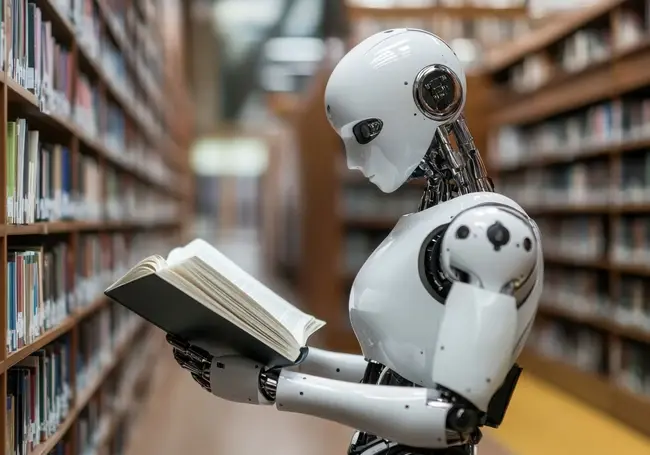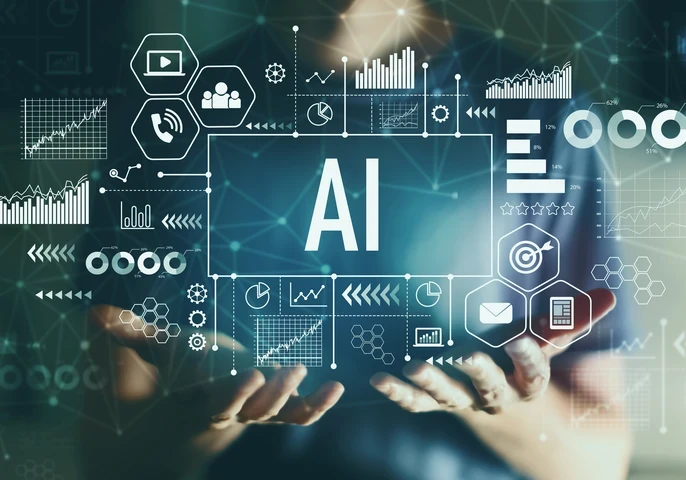The pursuit of cutting-edge generative AI continues to revolve around a familiar theme: data—who owns it, who needs it, and how it's obtained. A recent federal court decision involving Anthropic, the developer behind AI assistant Claude, offers a glimpse into how far some companies are willing to go in that pursuit. The company secured a partial win—but also incurred potential long-term liability—in a pivotal copyright lawsuit. This ruling conveys a mixed message that outlines an important, albeit still hazy, legal boundary for the broader AI landscape.
The implications are significant. This decision will likely influence how large language models (LLMs) are trained, procured, and distributed in the future. Far from a mere legal footnote, the ruling reshapes the risk calculus for any organization building—or even buying—AI-powered tools.

My Fair Library
Let’s start with what went right for Anthropic. U.S. District Judge William Alsup determined that the company’s method of purchasing physical books, scanning them, and using that text for AI training was, in his words, “spectacularly transformative.” This activity, the judge ruled, qualified as "fair use" under U.S. copyright law. Anthropic wasn’t reproducing books to resell them, but instead, repurposing them in a way that created something fundamentally new.
The company’s data pipeline was striking in its scale. It brought on Tom Turvey, a former Google Books executive, to oversee the mass scanning operation. Anthropic purchased second-hand books, disassembled them, digitized their content, and discarded the physical copies. Because it lawfully purchased the source material—and the court viewed the model training as highly transformative—this process passed legal muster. A company spokesperson told CBS News that Anthropic was encouraged by the recognition that its work aligned with copyright’s broader goals: encouraging creativity and scientific advancement.
For data and analytics professionals, this ruling may offer a layer of legal confidence. It suggests that responsibly sourced and transformed data can be legally harnessed for AI training.
Biblio-Take-A
But the ruling didn’t go entirely in Anthropic’s favor. The company also admitted to using pirated material—downloading massive text datasets from so-called “shadow libraries,” which host millions of copyrighted books without authorization. On this issue, Judge Alsup pulled no punches. “Anthropic had no entitlement to use pirated copies for its central library,” he wrote. He also clarified that building a vast general-purpose dataset did not qualify as fair use in this context.
This part of the case will proceed to trial in December, where damages will be decided. It serves as a clear warning for tech leaders: relying on unlicensed or questionable data sources is not only risky, but it could also result in lawsuits, fines, and reputational harm. “Data diligence” is now more than a best practice; it’s a legal necessity.
A Tale Of Two Situs
The ruling delineates two distinct approaches to AI data sourcing. One is a costly but legally sound route involving properly licensed content. The other is a cheaper, high-risk method involving pirated or unvetted materials.
The decision has drawn mixed reactions. While some in the tech world view it as a roadmap for moving forward, others—particularly those in the creative space—find it deeply troubling. The Authors Guild told Publishers Weekly that it was “relieved” the court condemned Anthropic’s “criminal-level” copyright infringement but strongly disagreed with the fair use ruling. The group argued that comparing LLM training to human learning is flawed since humans don’t make and store copies of every book they’ve read for profit-driven purposes.

LLMs Reshaping Digital Workflows
How large language models move from chatbots to core engines for support, content, legal and clinical workflows across the enterprise.
Judge Alsup attempted to address this by stating that authors’ concerns over AI-generated competition are similar to worries about educating children to write well—suggesting that progress in writing, regardless of the medium, isn’t inherently threatening to original creators. It’s a controversial analogy that will undoubtedly continue to spark debate.
What Comes Next?
This case marks a significant moment in the ongoing debate over AI, copyright, and the value of intellectual property in a data-driven economy. It highlights the murky ethical and legal terrain that companies must now navigate—where data provenance, licensing transparency, and fair use all intersect.
For now, the Anthropic case has added a new chapter to the evolving AI story. It’s one filled with high-volume book scanning, digital piracy, and legal complexity. As the industry continues to build machines that learn from the written word, it must also learn to operate within clearer and fairer boundaries.







Comments ( 0 )